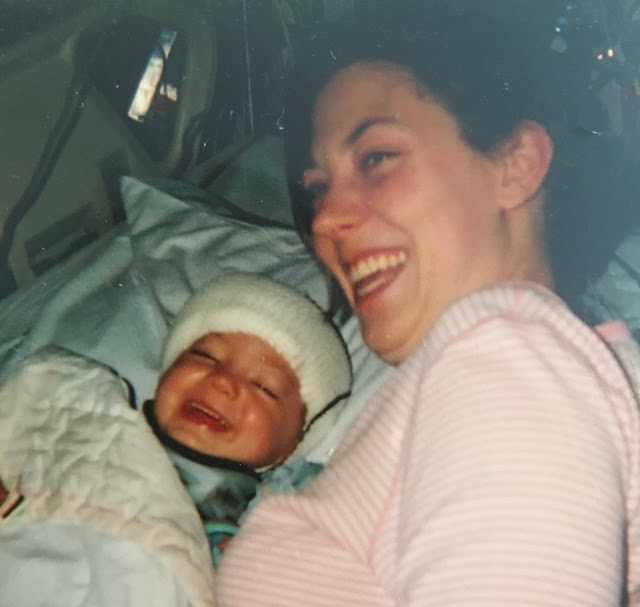Hope will rise
I’ve been in that place. That place where hope is dwindling. That place where dreams of change seem to lose all of the prayers I’ve blown into them, and they float empty to the ground. And I feel alone. Alone and empty holding onto my deflated heart with vague wonderings of where my miracle is.
I have been there. I have been there with my brokenness. I have been there touching the pieces of my sorrow thinking that God could have stopped this ache, but he did not. And I’ve wondered if he sees me. I’ve wondered if he knows, if he might care how deeply I hurt.
In grade school, I had to memorize scripture verses for a portion of my Bible class. Occasionally we would be allowed to pick the verse we wanted to commit to memory, and on one such occasion I cleverly chose the shortest verse in the Bible, “Jesus wept.”
I never knew the context that surrounded that verse. I had always assumed it was written around the time that Jesus was going to be crucified, because who isn’t going to weep on their way to a slow, painful death? But a little research brought me to the realization that Jesus wasn’t weeping for himself in that verse, he was weeping for those he loved.
Martha, Mary, and Lazarus were siblings that Jesus had developed a loving friendship with. They believed that he was the promised Messiah, and were no doubt well acquainted with his miracles. When Lazarus became very ill, the sisters sent word of his condition to Jesus, who was in a nearby town. They knew what Jesus was capable of, and they were asking him to rescue them, to prevent their hurt, to heal their pain. “But when Jesus heard about it he said, ‘Lazarus’s sickness will not end in death. No, it happened for the glory of God so that the Son of God will receive glory from this.’”
So Jesus didn’t go to them right away. It wasn’t because he didn’t love them, it wasn’t because he didn’t care. It was because there was purpose in the wait.
I wonder what went through the minds of Martha and Mary when Lazarus took his last breath. Did hope linger that Jesus could still turn things around? He had raised others from the dead, hadn’t he? Did it deflate a little more when they prepared his body for burial? And even more when the grave was sealed? Surely their hope was completely lost with each day that passed and Jesus did not arrive.
Four days go by before their Savior comes to them. Mary and Martha are not angry. They do not question his friendship, his goodness, his love. They had reached to him in hope without the burden of expectation. His ways were not always their ways. His thoughts were not always their thoughts. They only utter their disappointment, “If only. . .” If only you had been here, if only you had seen him, if only you had come before it was too late he would still be alive.
But Jesus knew what was to come. He knew the purpose of the wait, and how it would allow his glory and power to be revealed in a spectacular way. And He knew the sadness, the loss, the ache of their hearts was temporary. They would soon be rejoicing with him.
But before he delivered the miracle, Jesus listened to his friends. He saw the grief of those he dearly loved, “and he was deeply troubled.” He saw, he listened, he loved, and he cared. Then, “Jesus wept.”
It is endlessly interesting to me that Jesus knew Lazarus was going to die, and he didn’t prevent it. He held out for the purpose of a greater miracle. And even though he knew how the story would end, he didn’t say to Mary and Martha, “Stop crying, I’ve got this figured out.” No, instead, he joined them in their sorrow. He saw them, he knew them, he understood them, and he loved them.
This is Jesus. Friend. Comforter. Savior.
He sees how this world causes our hope to fade. He hears all our voices cry “if only.” He holds our sorrows close to his heart and is deeply moved by our sadness. But he does not come to us to mourn the death of hope.
He comes to raise it back to life.



Comments
Post a Comment